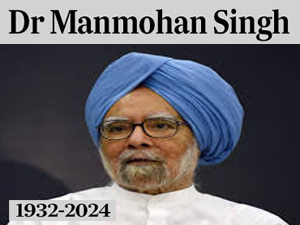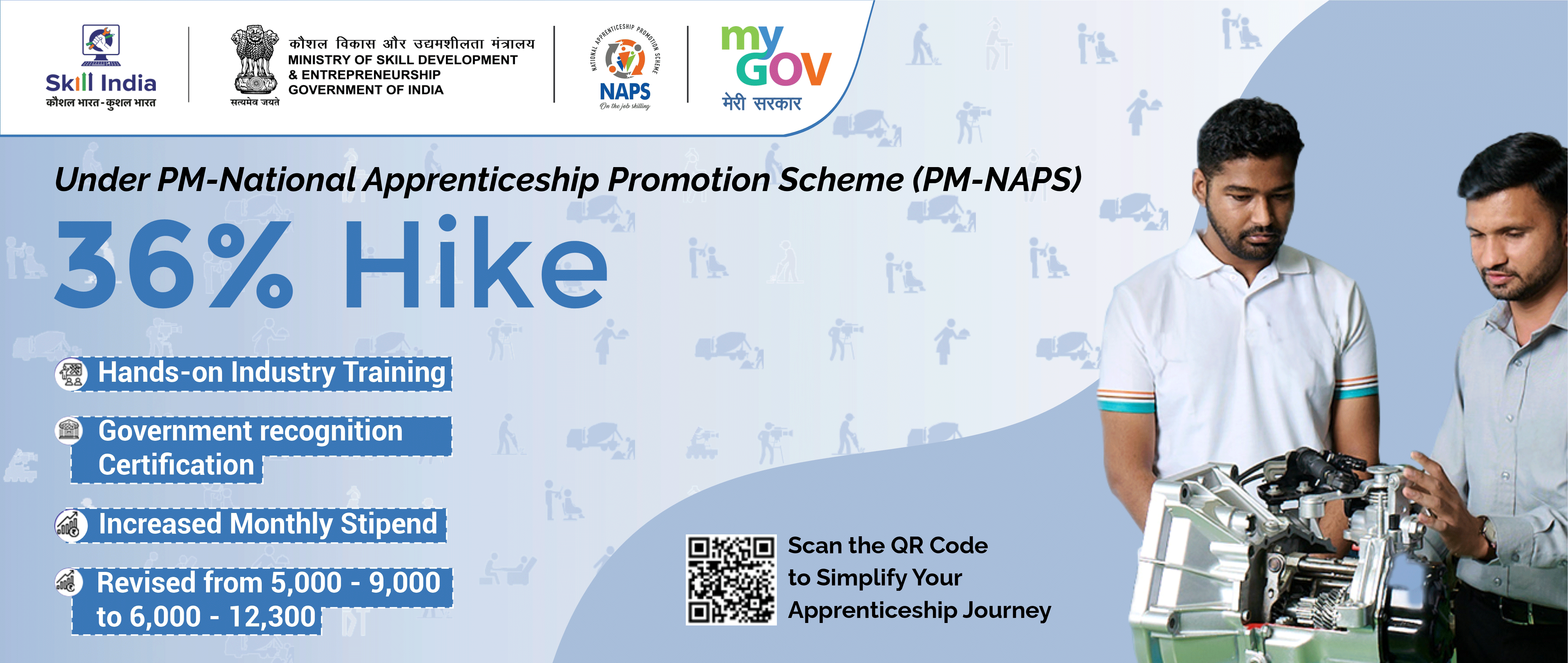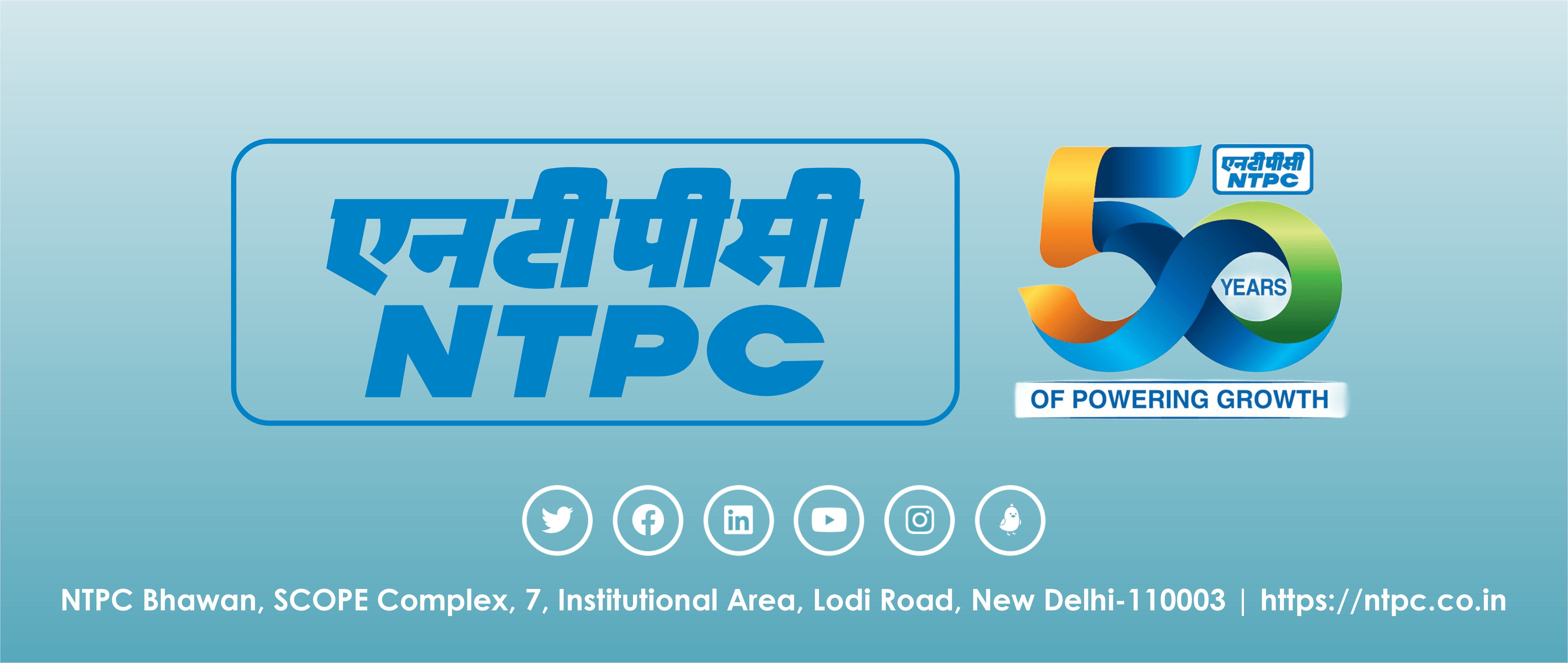
New Delhi (27.12.2024): "Hazaro Jawabo Se Achi Meri Khamoshi Hai, Jo Kayi Sawalo Ki Aabru Dhak Leti Hai". The silence will now reverberate for ever, with the demise of former Prime Minister of India Manmohan Singh who is credited with being the architect of new economic regime which is a watershed moment for India. Having served two complete terms of a coalition government at the Centre that he apparently learnt from his political guru i.e another former Prime Minister P V Narshmha Rao. A person who let his works speak for himself did not mind risking his government for the nuclear deal with US. with Former Prime Minister of India, Dr Manmohan Singh, died on December 26, at the age of 92 years. Dr Singh is remembered for the 1991 economic reforms he brought as India’s finance minister under the Prime Ministership of P V Narsimha Rao. From The Right to Information Act to the Indo-US Nuclear Deal, Dr Manmohan Singh will be remembered for how the world sees India today. Under then PM Narasimha Rao in 1991, he played a pivotal role in India’s economic liberalisation, introducing reforms that opened the economy to the world and shaped its modern trajectory. The new industrial policy was unveiled on the eve of Dr Manmohan Singh’s Budget 1991. The policy relaxed some of the provisions in the Monopolies and Restrictive Trade Practices Act to facilitate easier entry and restructuring of businesses by facilitating mergers and amalgamations. The policy ended the public sector monopoly in many sectors and announced a policy of automatic approval for foreign direct investment up to 51 per cent as against the earlier cap of 40 per cent for foreign equity investments. Dr Manmohan Singh took several steps in 1991 from devaluation of the Indian rupee to trade policies to boost exports to pull India out of crisis when the country was plunging into bankruptcy. As Prime Minister, Manmohan Singh introduced Mahatma Gandhi National Rural Employment Guarantee Act (MGNREGA) In 2005, which is India’s largest public programme, guaranteeing 100 days of wage employment annually to rural households. This was seen as a game-changer in India’s fight against poverty, providing employment and financial security to millions of people in rural India. The scheme also gave a means to rural women to become financially independent. He enacted the RTI Act in 2005, empowering citizens to seek information from public authorities, with responses required within 30 days or 48 hours for matters affecting life or freedom. The Manmohan Singh government brought the Right to Education (RTE) Act in 2010 that aimed to provide free and compulsory education to children aged 6-14, ensuring education as a fundamental right. The Civil Nuclear Agreement with the US or 123 Agreement, signed by PM Manmohan Singh and President George W Bush, in 2008, saw India placing its civil nuclear facilities under International Atomic Energy Agency (IAEA) safeguards in exchange for US support for full civil nuclear cooperation. The 2008 deal ended India’s nuclear isolation and opened access to nuclear technology. The deal also allowed India to strengthen its relationship with the US and the rest is history. The government led by Dr Singh launched the National Food Security Act In 2013 to ensure subsidised food grains to nearly 70 per cent of India’s population. Under this Act, families below the poverty line were given wheat, rice, and coarse grains at rates ranging from Rs 1 to 3 rupees per kilogram. The country is still getting benefitted by the policies laid out by the Manmohan Singh government. The epic reply to his detractors when he was asked that he remains silent and doesn’t take actions on his minister, he responded with a smile in his final press conference as Prime Minister on 3 January 2014, when Dr Singh said, "I honestly believe history will be kinder to me than the contemporary media or, for that matter, the Opposition parties in Parliament." The Prime Minister that was for people would be remembered for his measures to boost nosediving economy and saving the country from bankruptcy.
































